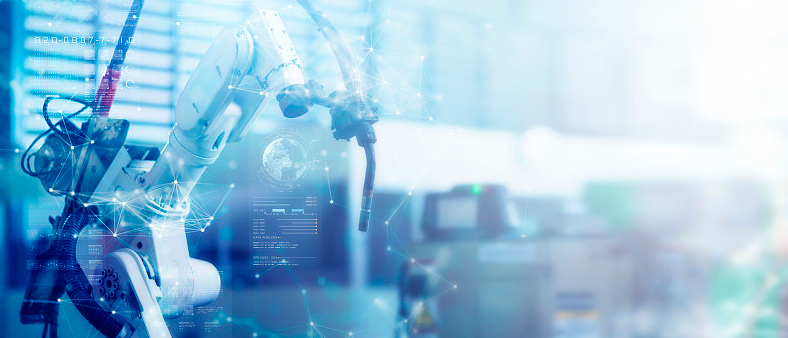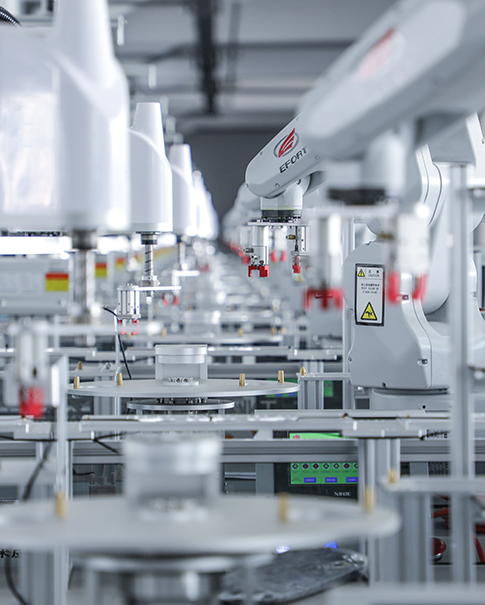Common Causes of Industrial Computer Failures and How to Resolve Them
November 07,2024
Common Causes of Industrial Computer Failures and How to Resolve Them
Types of Industrial Computer Failures
Industrial computers are essential in many manufacturing and processing environments but are vulnerable to failures, which can be broadly categorized as hardware and software issues. Hardware issues include problems like power failures, memory malfunctions, hard disk errors, and graphics card issues. On the software side, failures may involve system crashes, virus infections, driver problems, or misconfigurations. Understanding the causes of these failures and their symptoms is the first step to effective troubleshooting.

Resolving Common Hardware Failures
Power Failures
A power failure may cause the computer not to start, often indicated by a flashing or inactive power light. Solutions include checking for loose or damaged power cords, testing the power output with a multimeter, or replacing the power source if necessary.
Memory Failures
Memory issues often present as system freezes or blue screens. To troubleshoot, check that the memory modules are properly seated, run diagnostic tools to detect memory errors, and ensure compatibility with the motherboard.
Hard Disk Failures
Hard disk issues can result in slow startups, boot failures, or file access errors. Regular checks on data and power cables can help, as well as using diagnostic tools to monitor hard disk health and backing up data routinely.
Graphics Card Issues
When the graphics card fails, users may see screen distortion or fuzzy displays. Ensure that the graphics card is compatible with the motherboard, and check that power and data connections are secure.
Heat Dissipation and Connection Issues
Overheating often leads to system freezes and crashes, so it’s essential to clean fans and heatsinks regularly. Connection problems, such as unrecognized hard drives or faulty USB ports, can often be resolved by testing and replacing cables as needed.
Addressing Software Failures
System Crashes
System crashes can disrupt operations and often require a system restart or recovery process. Performing regular backups and using restore points can also be helpful in mitigating data loss due to crashes.
Virus Infections
Industrial computers are not immune to viruses. Using reliable antivirus software and regular scans can keep these systems safe from malware and other cyber threats.
Driver Issues
Driver compatibility and updates are crucial for stable operation. When a driver problem occurs, reinstalling or updating the driver can usually solve the issue.
System Configuration Errors
Incorrect system settings can lead to instability. Regularly reviewing system configurations and ensuring settings align with operational requirements can help prevent configuration-related issues.
Preventive Measures for Industrial Computer Stability
Industrial computers face unique challenges, such as exposure to harsh environments and frequent use over long periods. Preventive measures, like placing these computers in clean, dust-free areas, and maintaining an optimal operating temperature, are essential for their longevity. Regularly scheduled maintenance checks help identify potential issues before they escalate into full-blown failures.
Tips for Effective Troubleshooting in Industrial Settings
Effective troubleshooting in industrial environments requires a systematic approach. Start by identifying the symptoms, then isolate the source of the problem by testing one component or software aspect at a time. Documenting recurring issues and their solutions can also help streamline future troubleshooting efforts and reduce downtime.
Conclusion
Industrial computers are foundational to automated processes, but they require diligent care and maintenance to remain reliable. By understanding the root causes of common hardware and software failures and implementing preventive strategies, businesses can reduce the likelihood of unexpected downtimes. Regular testing, observation, and proactive troubleshooting are key to keeping industrial systems running smoothly and efficiently.

 Network Supported
Network Supported